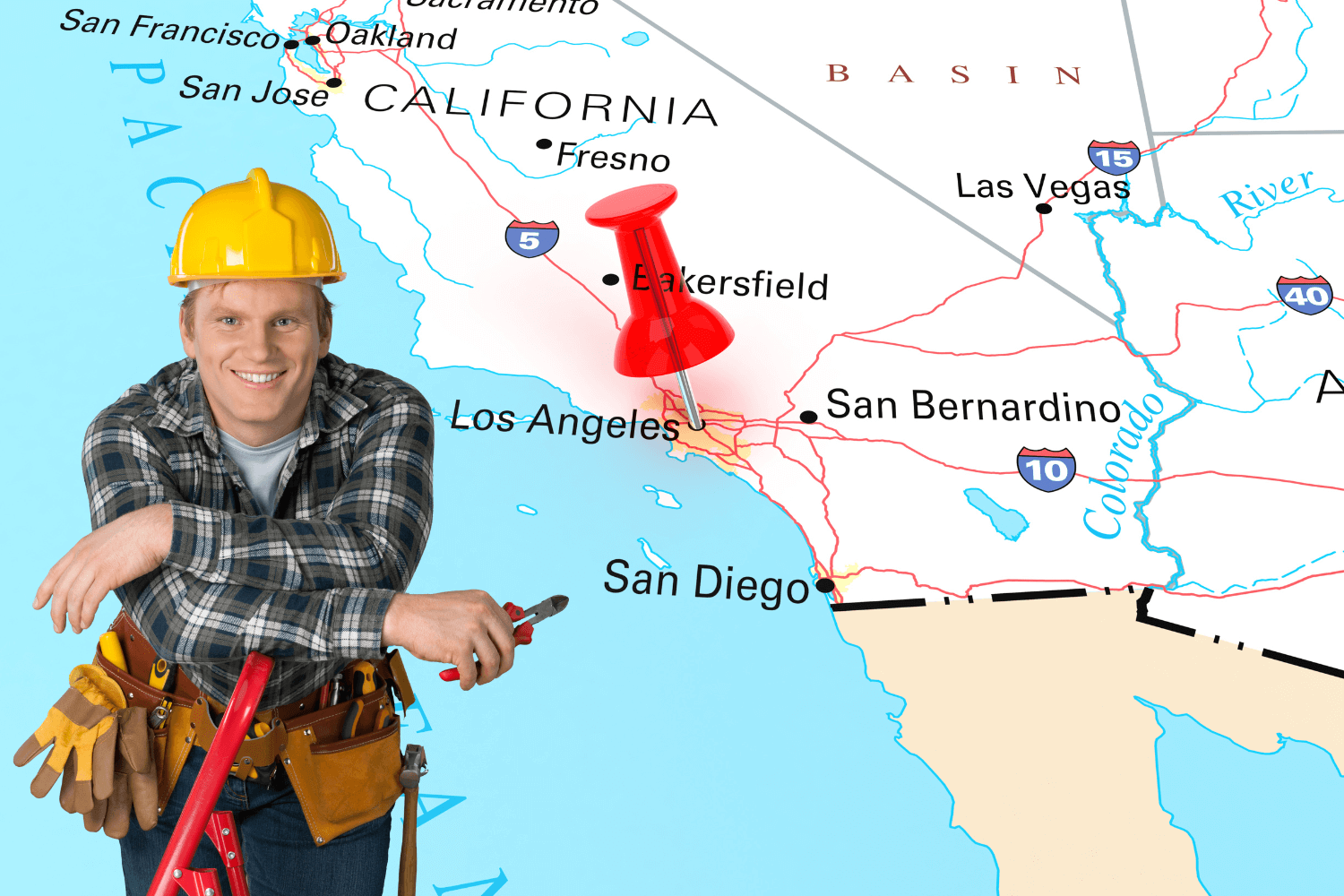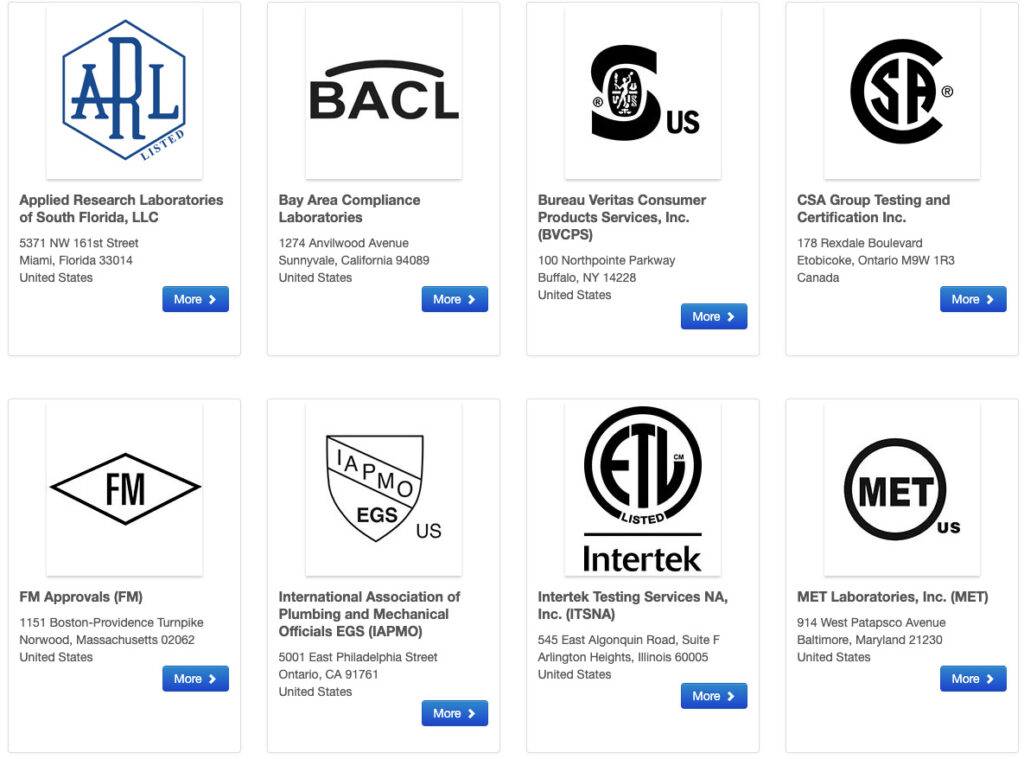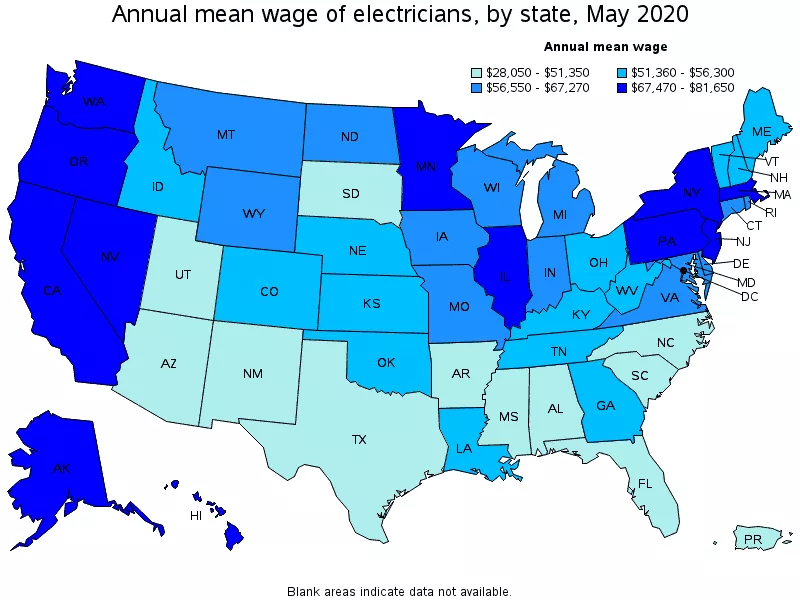California Electrical License: How To Start Your Career As An Electrician in California?

Want to become an electrician in California? Easy!
Get your California electrical license and start earning money in no time.
The electrical business is a specialized profession. You need specific skills and knowledge. But more than that, you need to have proper training and experience in the field to be considered a qualified electrician. This is why electrician certifications are important. It establishes your authenticity, reliability, and quality as a trained technician. And if you are trying to set up a successful electrical business, the importance of having those qualifications are paramount.
Grow Your Electrical Business with Field Promax Electrical Business Software. Sign Up Now.
According to the Bureau of Labor Statistics (BLS), “employment of electricians is projected to grow 8 percent from 2019 to 2029, much faster than the average for all occupations.” Increasing demand for alternative energy sources as well as increases in construction spending will drive up the demand for electricians. Naturally, becoming an electrician seems like a promising career at this point. And if you are based in California, the opportunities are rather higher.
The median annual wage for electricians was $56,900 in May 2020. In California, the annual mean wage for electricians was $75,900, according to May 2020 BLS data. Prospects are also growing for entrepreneurs looking to start their own electrical contractor businesses in the Golden State. The number of electricians working in California is expected to increase by 9% by 2030, with newly certified electricians joining the over 70,000 already on the job. If the statistics look appealing to you, this blog is going to be a great help if you want to know how to become an electrician in California.
In this blog post, we are going to explain in detail how to get your California electrical license– the first step to becoming an electrician in the Golden State. But before we start, here is some important information you need to know regarding becoming a licensed electrician.
Table of Contents
1. Types of Electrical Certification in California

First, you need to realize that electrician certifications are a little different in California compared to the other states. Here, you can work independently, go into business for yourself, and bid on any job for less than $500. For anything higher than that, you will need a license.
Grow Your Electrical Contractor Business and Earn More Profit with Field Promax. Book A FREE DEMO to Know the Endless Possibilities It Adds to Your Repertoire.
Various types of electrical certifications are available in the state. Namely,
General Electrician: This certification requires 8,000 hours of job experience in 2 different fields, like industrial or residential wiring. The certification lets you work all kinds of jobs. It’s the highest certification available. You’ll apply with the California Department of Industrial Relations (DIR). Once you’ve achieved the hour requirement, you’ll be eligible to take the state’s 270-minute open-book exam to earn your certification.
Residential Electrician: If you’re not interested in commercial jobs, a residential certification gets you more specific job knowledge with just 4,800 work hours. Your hours make you eligible for a 3-hour open-book exam leading to certification.
Fire/Life/Safety Electrician: This certification process starts after 4,000 hours in at least 2 required fields, from nurse call systems to safety, control panels, and troubleshooting/maintenance. Earn your hours, then apply and take the 135-minute open-book exam.
Voice Data Video Technician: You’ll need 4,000 hours of work in 2 applicable categories, which are similar to the Fire/Line/Safety certification. In addition to the stock room, installations, control panels, and troubleshooting/maintenance, you might also have hours in trade-specific training related to voice, data, and video systems. At the end of it, you’ll apply to take a 135-minute open-book exam.
Non-Residential Lighting Technician: This certification requires only 2,000 work hours in two related areas and a 135-minute open-book certification exam.
All these certifications will enable you to work independently or under an electrical contractor as a skilled electrician. However, if you want to start your own electrical contractor business, you will require something beyond the DIR certification– i.e., you need to pursue a C-10 California electrical contractors license.
A C-10 electrical contractor license requires a totally separate application process to be obtained from the Contractors State License Board. This needs a pretty hefty application fee as well as proof that you have protected your business with a substantial amount of electrical insurance.
2. How to Become A California Electrician

While all states have slightly different electrical license requirements, the journey to become an electrician in California starts with on-the-job training and trade school until a trainee can qualify for and pass a state examination. Every state will want electrical training program graduates to have a grounding in the National Electrical Code (NEC), as well as work experience and classroom instruction on handling various issues, such as:
- Read technical diagrams or blueprints
- Maintain and install lighting, controls, and wiring systems
- Inspect transformers, circuit breakers, and other electrical components
- Use a variety of testing devices to identify electrical problems
- Replace or repair fixtures, wiring, or equipment by using power tools and hand tools
- Follow local and state building regulations that are based on the National Electrical Code
- Train and direct workers to repair, install or maintain equipment or electrical wiring
Once you complete your training hour including both on-the-job experience and classroom training, you need to appear for the stipulated examination. To sit for this examination, you will need to submit an application along with a check for $25 as an examination fee, and proof that you are enrolled in an approved training school. Once you pass the examination, you will be awarded your license.
3. California Electrician Certification Rules and Reciprocity

California requires that all electricians get a certification before they can work in the state, and doesn’t recognize certifications from other states. So, if you have your electrical license from some other state, does this mean you cannot do business in California?
Well, you can under some circumstances. California does not allow contractors to practice without a California-issued license, however, they do have limited reciprocity with the states of Arizona, Louisiana, Nevada, and Utah. If you hold an electrical contractor license from one of those states, you may be able to skip the trade portion of the California C-10 contractor license application. A contractor wishing to make use of this reciprocal agreement must have had a valid license in good standing with one of these states for five years.
While the trade portion of the exam is waived for reciprocal licenses, other portions of the examination, and all related fees, must still be completed. This includes the examination application fee ($300), the initial license fee ($200), and the fingerprint processing fee ($49). Other fees may apply depending on the circumstances.
4. How Long Does it Take to Become an Electrician in California

You will need to complete at least 720 hours of electrician instruction from an approved trade school/apprenticeship program that combines hands-on training with classroom instruction.
You will also need to gain 8,000 hours (approx. 4 years) of on-the-job experience (which also can be part of an apprenticeship). This experience must be as a journeyman, or as a foreman, supervising employee, contractor, or owner-builder.
Wrapping Up

There is always a demand for skilled individuals who have trained to become professional electricians. It’s a lucrative line of work that enables you to help people while also giving you the satisfaction that comes from providing a much-needed service, even if we don’t talk about the aspect of profitability in this field.
So, if you’re ready to start powering the world, you can begin your rewarding journey with Field Promax. It is a unique electrical business software designed specifically for electrical contractor businesses. The smart, cloud-based technology is your one-stop shop for complete business automation. From scheduling and dispatching to billing and invoicing, it takes care of all your operations in the most efficient and transparent way.
For more information on features and prices, contact Field Promax now.
You will need to complete at least 720 hours of electrician instruction from an approved trade school/apprenticeship program that combines hands-on training with classroom instruction. You will also need to gain 8,000 hours (approx. 4 years) of on-the-job experience (which also can be part of an apprenticeship). Upon completion, you will need to appear for the stipulated examination and pass to obtain your California electrical license.
An electrician must hold a state license to work in California. Remember, working as an unlicensed electrician is punishable by law and not worth the risk.
California cities appear twice on the list of the top 5 best-paying cities for electricians. While the median annual wage for electricians was $56,900 in May 2020 in most parts of the country, in California the annual mean wage for electricians was $75,900, according to May 2020 BLS data. It is, however, important to keep in mind that wage varies by location, years of experience, and other factors.
In California, most electrical repairs in the home require building permits, which can only be obtained by a registered professional electrician. If you go ahead and complete the repairs without proper permits, you could end up violating certain building codes. However, you can perform minor repairs or installation works such as replacing socket covers, control switches, ceiling roses, and replacing cables from a single circuit if damaged; adding additional lighting points to existing circuits; replacing light fittings, etc.
Electricians who specialize in certain areas or industries earn more because of demand or location. In terms of sector, industrial electricians typically get paid the most. If we were to go by career level tier, then a Licensed Master Electrician makes the most






